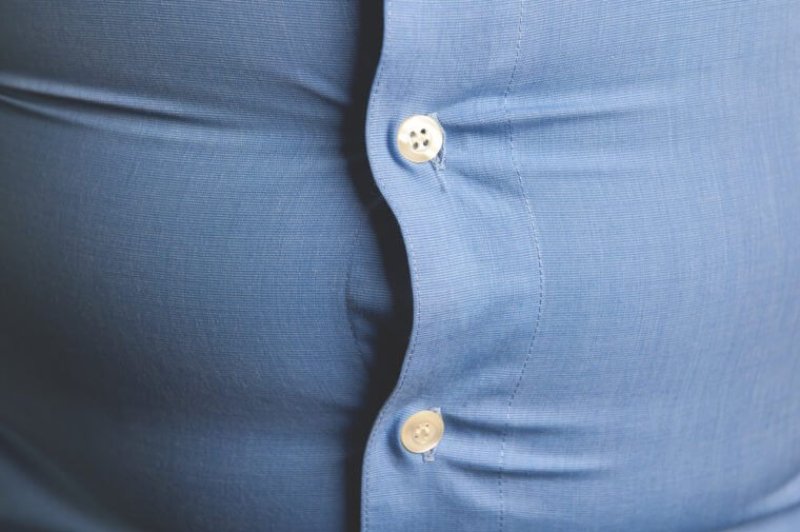In a study of former contestants on a season of the weight-loss reality show The Biggest Loser, scientists found that years later, the contestants not only had gained back much or all of the weight they’d lost on the show, but also had far weaker metabolisms than most people their size.
…
Along with a team of researchers, Ann Marie Schmidt, an endocrinologist at the New York University School of Medicine, has been unraveling the mystery. In a new study published [July 16], Schmidt and her team have unlocked a molecular mechanism controlling weight gain and loss in mice: a protein that shuts down the animals’ ability to burn fat in times of bodily stress, including when dieting or overeating.
…
Schmidt posits that [the protein] RAGE might have evolved to protect mammals, including humans, when another meal might not be predictably forthcoming and the body’s ability to retain its resources would be a boon.
…
It makes sense that the body would conserve resources when it detects a potential need, but it feels particularly cruel, at least in modern times, that humans might experience the same metabolic slowdown after a hearty meal.
Read full original post: A Potential Hidden Factor in Why People Have So Much Trouble Losing Weight































